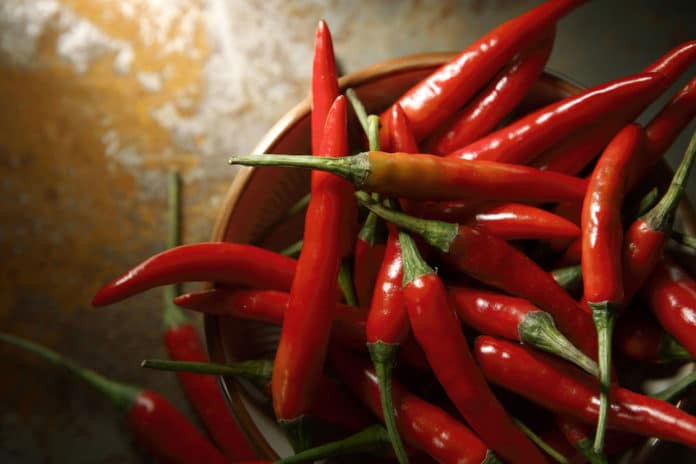Chili is one of the most usually utilized flavors in the world with a significant higher chili intake in Asian contrasted with European countries. In certain regions of China such as Sichuan and Hunan, almost one in three adults consume spicy food, including chili, daily.
A new 15-year-long study claims that consuming spicy diet increase the risk of dementia. Conducted by the University of South Australia involves 4582 Chinese adults aged over 55- suggests that those who consumed in excess of 50 grams of chili a day had almost double the risk of memory decline and poor cognition.
Furthermore, it offers proof of a faster cognitive decline in the individuals who reliably ate in excess of 50 grams of chili a day. Memory decline was even more significant if the chili lovers were slim.
Those who ate a lot of chilies had a lower income and body mass index (BMI) and were more physically active compared to non-consumers. Scientists said people of normal body weight may be more sensitive to chili intake than overweight people, hence the impact on memory and weight.
Dr. Zumin Shi from Qatar University said, “Chili consumption was found to be beneficial for body weight and blood pressure in our previous studies. However, in this study, we found adverse effects on cognition among older adults.”
UniSA epidemiologist Dr. Ming Li said, “Chili intake included both fresh and dried chili peppers but not sweet capsicum or black pepper.”
“Chili is one of the most commonly used spices in the world and particularly popular in Asia compared to European countries. In certain regions of China, such as Sichuan and Hunan, almost one in three adults consume spicy food every day.”
